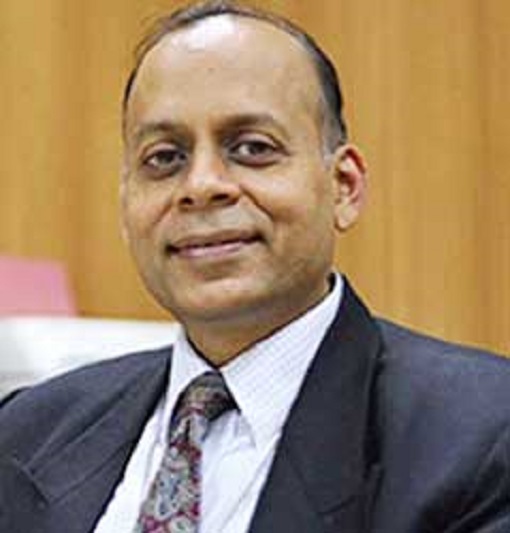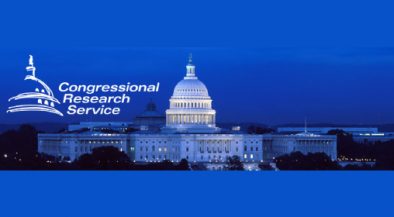Abu Dhabi: – While China was emerging as a superpower, the United States adopted a moderate policy. China increased its capabilities taking advantage of this change in the US policies since 2008. Indian MEA S. Jaishankar pointed out that this has significantly impacted the Indian Ocean region. While presenting the issue in a diplomatic language, Jaishankar clarified the background of the increasing tension in the Asian continent in precise words. The Chinese policies have raised questions regarding the agreements and understanding signed earlier. The Indian MEA indicated that this would depend on the stands taken by the United States and China, with a suggestive statement that the answers to these questions will be received only in the coming times.
 Jaishankar is participating in the 5th Indian Ocean Conference 2021 (IOC) was held in the United Arab Emirates (UAE). Speaking on occasion, the Indian MEA assessed the situation in Asia, including the Indian Ocean region. ‘Since 2008, US strategical stance has changed dramatically and the United States has become more cautious. The role adopted by the United States to avoid the ill effects of its expansion was realistic. But it affected the Indian Ocean region.’, Jaishankar pointed out. Jaishankar suggested that the United States made these defensive changes in its policy. The Indian MEA said in his diplomatic speech at the IOC, ‘After Barack Obama took over the presidency of the United States, he announced an increase in cooperation with countries in the Indo-Pacific region. However, the US Navy’s dominance in this region diminished during his tenure. China took advantage of this and began to dominate the Indo-Pacific region, adopting an expansionist policy. China has taken advantage of the void created by US policy since 2008.’ Jaishankar also pointed out that at the same time, the effects of China’s growing power are being felt across the Asian continent, including the Indian Ocean region.
Jaishankar is participating in the 5th Indian Ocean Conference 2021 (IOC) was held in the United Arab Emirates (UAE). Speaking on occasion, the Indian MEA assessed the situation in Asia, including the Indian Ocean region. ‘Since 2008, US strategical stance has changed dramatically and the United States has become more cautious. The role adopted by the United States to avoid the ill effects of its expansion was realistic. But it affected the Indian Ocean region.’, Jaishankar pointed out. Jaishankar suggested that the United States made these defensive changes in its policy. The Indian MEA said in his diplomatic speech at the IOC, ‘After Barack Obama took over the presidency of the United States, he announced an increase in cooperation with countries in the Indo-Pacific region. However, the US Navy’s dominance in this region diminished during his tenure. China took advantage of this and began to dominate the Indo-Pacific region, adopting an expansionist policy. China has taken advantage of the void created by US policy since 2008.’ Jaishankar also pointed out that at the same time, the effects of China’s growing power are being felt across the Asian continent, including the Indian Ocean region.
Tensions are rising in Asia. Agreements and understandings reached in the past are being compromised and new questions have arisen in this regard. The answers will not be forthcoming soon. Stating that these questions will be answered in the coming times, Jaishankar warned that this tension would continue for a long time. The rise of China as a superpower, in particular, is a remarkable development. Earlier, this is how Soviet Russia came to be. However, Jaishankar pointed out that Soviet Russia did not get China‘s position today as the global economy’s centre.
In the age of globalisation, freedom of movement, open-air routes and unimpeded trade are paramount. At the same time, the Indian MEA indirectly targeted China, saying it was imperative to resolve any disputes within the framework of the law. China has been criticised for threatening international trade with its hegemonic actions in the Indo-Pacific region. Jaishankar seems to have blamed China for its refusal to abide by international law, avoiding direct mention. The Indian MEA also slammed the United States for withdrawing troops from Afghanistan. Jaishankar claimed that the US troop withdrawal and Coronavirus pandemic had added to the uncertainty in the Indian Ocean region. This has adversely affected the health and economic sectors, in particular, said Jaishankar.











